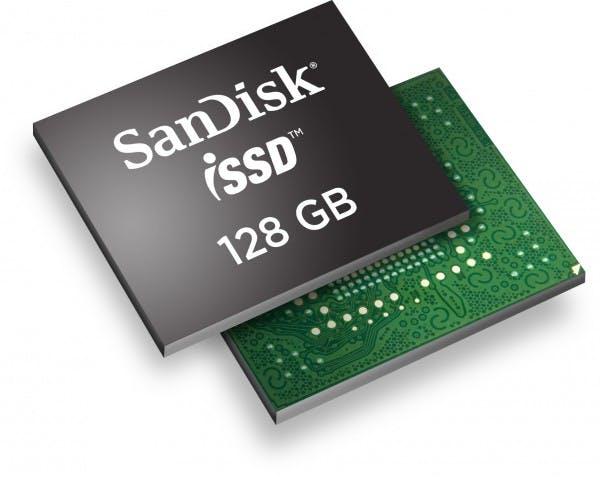Western Digital Corp. (NASDAQ:WDC), the leading manufacturer of digital storage devices, announced on March 12 that the company has made a strategic investment in Skyera, an solid-state drive (SSD) start-up. Western Digital Capital, the investment arm of the hard-drive giant, co-invested in the $51 million round as an extension of the strategic relationship between the two companies that also includes joint-technology development. Western Digital previously funded Skyera as an initial outside investor. However, Skyera raised $51.6 million in February from Dell Ventures. Western Digital CEO Steve Milligan said:
“One of our primary goals in developing strategic relationships with technology innovators in the broader storage ecosystem is to enable customers to develop highly optimized storage solutions that meet their changing data management needs. We see companies like Skyera as offering a dramatic improvement over traditional approaches to emerging storage challenges. We will continue to support innovation by collaborating with customers and partners, and investing in companies who are addressing today’s most exciting storage opportunities.”
In this article I will dig deeper into the current state of Western Digital’s solid-state ventures, while analyzing how this strategic investment could be beneficial for the company.
Western Digital: A late entrant to the hybrid and SSD party
Western Digital Corp. (NASDAQ:WDC) said last year that solid-state storage will continue to be much more expensive than traditional drives for the foreseeable future. In response, the company changed gears to work on hybrid drives in the meantime, that is until they get to a point where flash-storage pricing drops to more competitive levels.
Western Digital has acknowledged that its hybrid disk-drive strategy, which surrounds disk drives with small flash caches to serve hot data fast to the host computer, is slower overall compared with a pure SSD. The hybrid, however, is plenty faster than a straight hard-drive and cheaper than an SSD.
With nearest competitor Seagate Technology PLC (NASDAQ:STX) now producing its third-generation 2.5-inch Momentus XT hybrid drive, Western Digital has been late to this particular party, having only just unveiled a new hybrid solid state technology known as SSHD at CES 2013.
Seagate has made a $40 million investment in Virident Systems, and has already begun to offer Virident PCIe SSDs to its customers. This was announced on Jan. 28 by the two companies. Seagate has moved into the PCIe SSD space with one of the highest-performing products available, serving both Seagate and Virident well. Seagate has also announced its strategic partnership with DensBits, a maker of solid state drive controllers.
Another competitor, SanDisk Corporation (NASDAQ:SNDK) has also been emerging as a big player in the SSD game.

The company’s SSD sales made up approximately 10% of its total revenues in 2012. Revenues more than doubled to $458 million in 2012 from approximately $198 million in 2011. Moreover, management forecasts that SSDs will make up approximately 25% of SanDisk’s total revenues by 2014. The company supplies SSDs to 10 leading PC OEMs, which should help it gain market share.
SanDisk Corporation (NASDAQ:SNDK)’s SSDs provide substantial performance gains over traditional hard-disk drives. The company claims its SSDs enable reduced power consumption, create a smaller footprint, and enhance reliability in both enterprise data-centers and client computers. With SAS, SATA, and PCIe offerings, SanDisk has an SSD for virtually any application.

